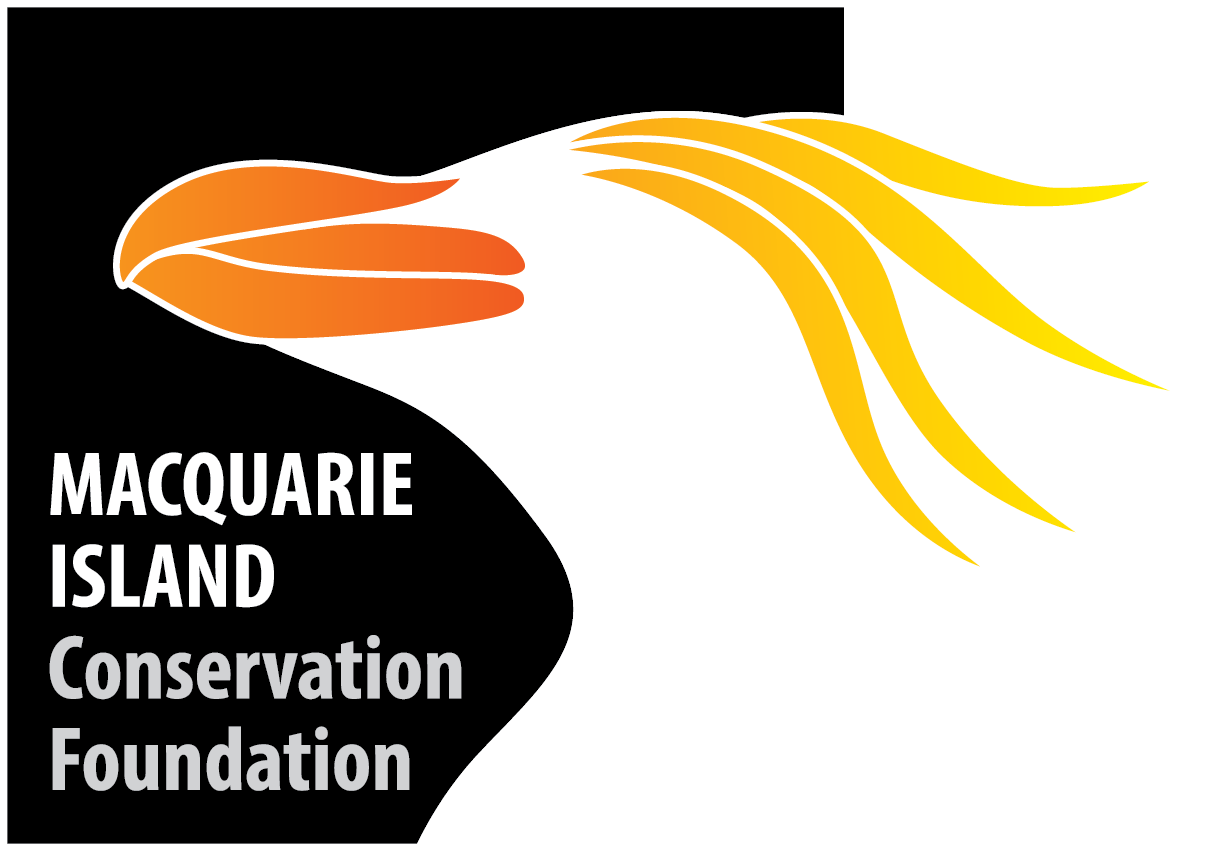Grant Winner Spotlight: Kita Williams
Hidden Interactions of Sub-Antarctic Ecosystems: Using Stable Isotopes to Examine the Terrestrial Food Web and Nutrient Flows of Macquarie Island
Kita Williams, Dr Justine Shaw (Queensland University of Technology and Securing Antarctica’s Environmental Future) & Prof Jennifer Fern (Queensland University of Technology)
This project examines the Macquarie Island ecosystem, and how it is recovering following the successful vertebrate pest eradication program.
First, we will be examining nutrient flows through the ecosystem, using stable isotope analysis of soil, plant, and invertebrate samples collected in 2023. This work builds on earlier studies of terrestrial ecosystems and nutrient flows on Macquarie Island1. We will compare our samples to legacy data2 to identify changes.
Second, we will focus on invertebrates, using stable isotopes to construct the food web; for example, we expect that predators such as spiders and wasps, will have the highest isotope signatures, followed by omnivores, herbivores, and finally detritivores such as springtails, snails and earthworms. This will fill a gap in our knowledge of invertebrate interactions and ecosystem functioning.
Third, we will examine the impact of non-native invertebrates such as isopods, aphids and blowflies, in the changing structure of the Macquarie Island terrestrial food web.
The findings of this project will support ecosystem monitoring, management, and biosecurity measures, which are fundamental to the conservation of the island.
1Erksine et al. 1998; Davies et al. 1999; Wilson et al. 2019
2 Shaw & Pascoe, unpublished
Photos - Kita Williams





